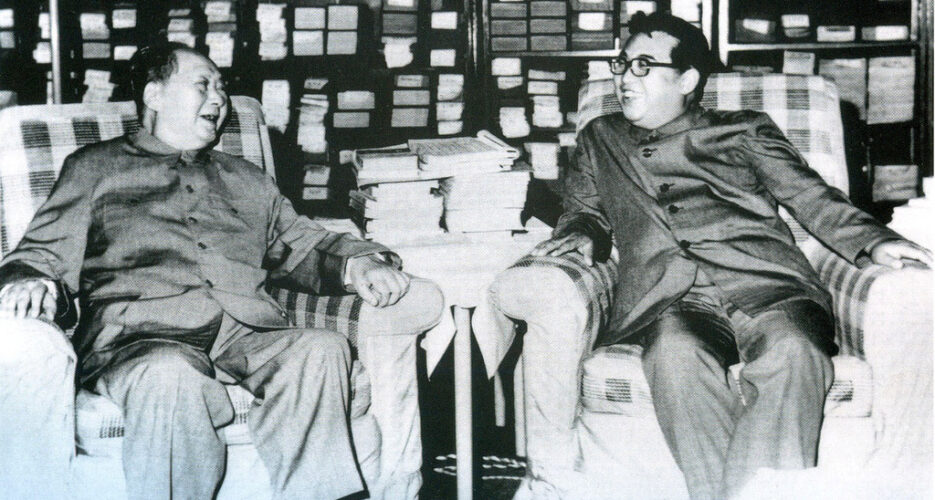One of the most important, although often forgotten, aspects of the Cold War was the Sino-Soviet split. In the late 1950s, Moscow and Beijing, who had once hailed their “eternal friendship," began to openly attack each other.
A typical Chinese publication of the age would decry “A Disgusting Image of Soviet Social-Imperialism," which argued that “Brezhnev’s gang is going down the same way Hitler did." Moscow, meanwhile, published books like “Maoism - the threat to the humankind."
One of the most important, although often forgotten, aspects of the Cold War was the Sino-Soviet split. In the late 1950s, Moscow and Beijing, who had once hailed their “eternal friendship," began to openly attack each other.
A typical Chinese publication of the age would decry “A Disgusting Image of Soviet Social-Imperialism," which argued that “Brezhnev’s gang is going down the same way Hitler did." Moscow, meanwhile, published books like “Maoism - the threat to the humankind."
Become a member for less
than $5.75 per week.
Unlimited access to all of NK News: reporting, investigations, analysis
The NK News Daily Update, an email newsletter to keep you in the loop
Searchable archive of all content, photo galleries, special columns
Contact NK News reporters with tips or requests for reporting
Get unlimited access to all NK News content, including original reporting, investigations, and analyses by our team of DPRK experts.
Subscribe now
All major cards accepted. No commitments – you can cancel any time.













